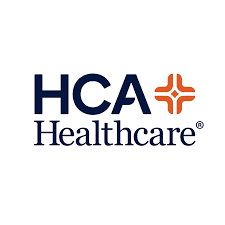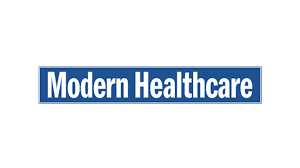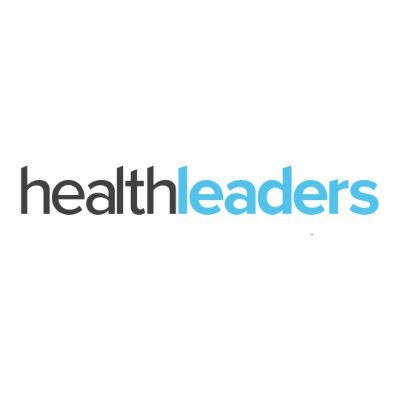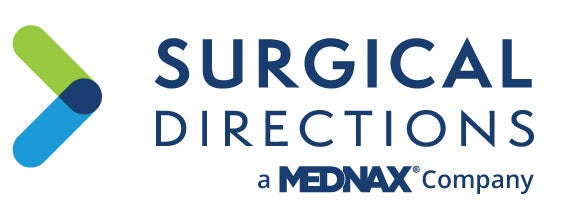
Editor's Note In this session, Beverly Kirchner, BSN, RN, CNOR(E), CASC, vice president of compliance at TriasMD and ambulatory surgery center (ASC) track leader for the OR Manager Conference, spoke on behalf of Parkland Health’s JD Boucher and Karen Garvey on how violence against healthcare workers is rising and requires…

Editor's Note Unchecked surgical innovation can harm patients, derail careers, and erode trust, Bulletin of the Royal College of Surgeons of England October 31 reports. Failures to properly evaluate and monitor new or modified procedures have led to patient harm, surgeon suspensions, and even criminal convictions, per the article, which…

Editor's Note The Food and Drug Administration (FDA) has announced three new recalls between October 14 and 16 that may affect OR inventory and perioperative workflows across multiple service lines. Each recall targets a commonly used product in surgical or imaging settings, prompting leaders to review supplies and coordinate with…

Editor's Note Cesarean delivery remains the most common major surgery in the US, but new evidence highlights its impact on recovery, pain, and sleep health for mothers. In an American Medical Association (AMA) interview published by HCA Healthcare Today on October 10 and new research presented at the ANESTHESIOLOGY® 2025…

Editor's Note Telehealth providers are divided over whether to continue serving Medicare patients after reimbursement expired alongside the federal government shutdown, Modern Healthcare October 9 reports. The impasse has forced organizations to weigh patient access against financial risk, with many issuing advance beneficiary notices warning patients they may be responsible…

Editor's Note The Food and Drug Administration (FDA) on October 10 classified a cybersecurity correction involving Abiomed’s Automated Impella Controller as a Class I recall, the most serious type, according to the FDA Medical Device Recalls and Early Alerts database. While devices are not being removed from clinical settings, the…

Editor's Note The Food and Drug Administration (FDA) has expanded its early alert recall program to include all medical devices, speeding up how quickly the public learns about high-risk safety issues, Modern Healthcare October 9 reports. The initiative allows the FDA to post early alerts within days of manufacturers notifying…

Editor's Note According to a Healthcare Financial Management Association (HFMA) analysis, the US healthcare system is in “serious condition,” with affordability collapsing and provider financial risk escalating, HealthLeaders September 19 reports. The group’s new Healthcare Vitals Tracker scored the industry just 35.9 out of 100, compared to a peak of…

Editor's Note Sterile processing departments (SPDs) face chronic staffing shortages and underinvestment that put surgical patients at risk, according to a Surgical Directions September 18 report. It emphasizes that sterile processing technicians, who decontaminate, inspect, and sterilize every surgical instrument, remain under-recognized despite their central role in surgical safety. Per…

Know the law. It could save your patients’ lives and your staff members’ practices. This is the advice of several medical legal experts to OR leaders to prevent lapses in patient protections that risk injury or even death. Beyond ensuring safe surgery and preventing litigation, perioperative nursing experts who advance…